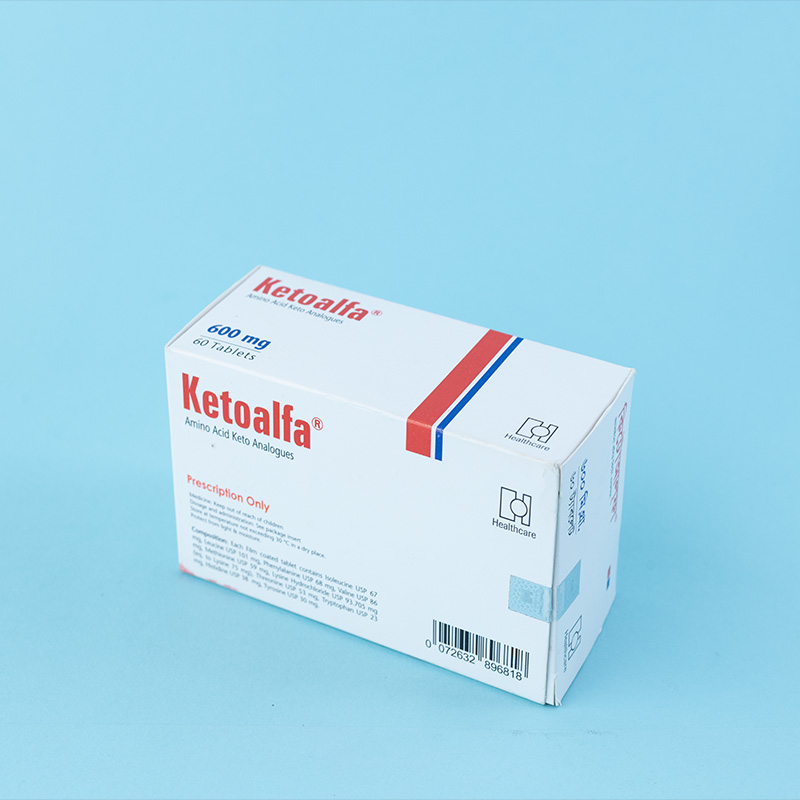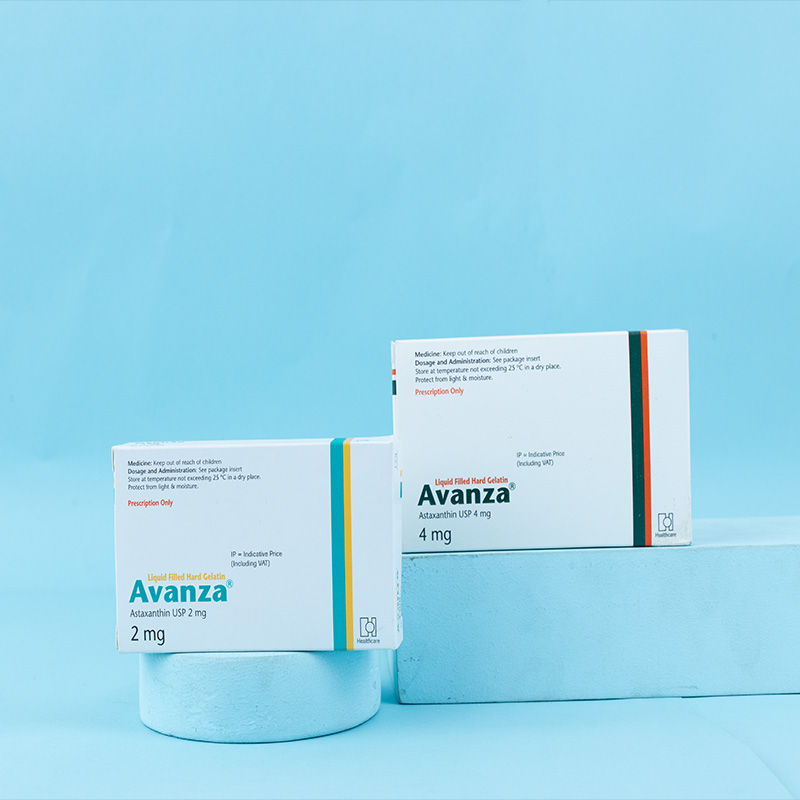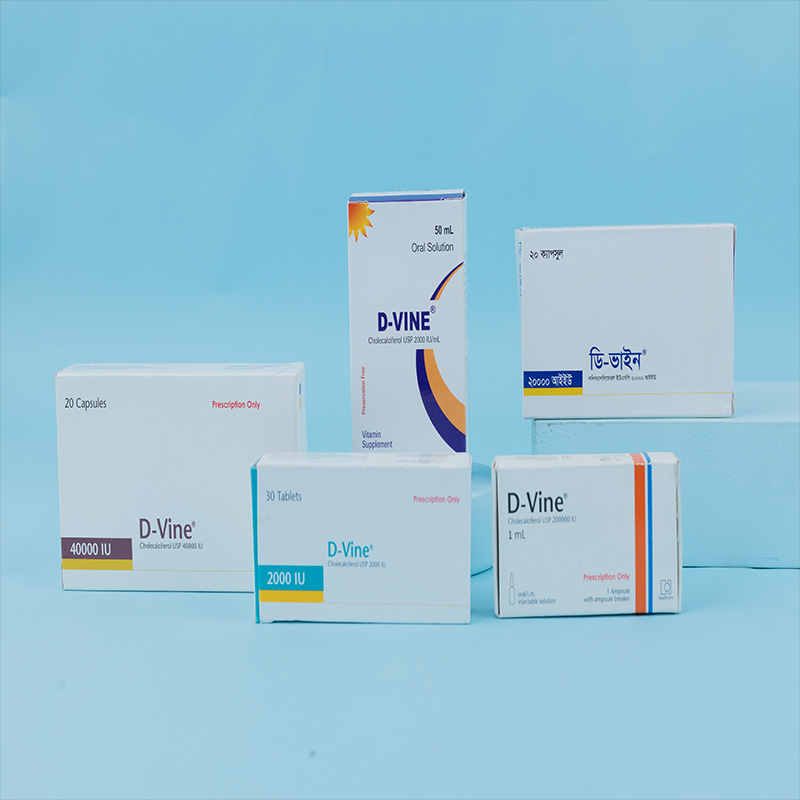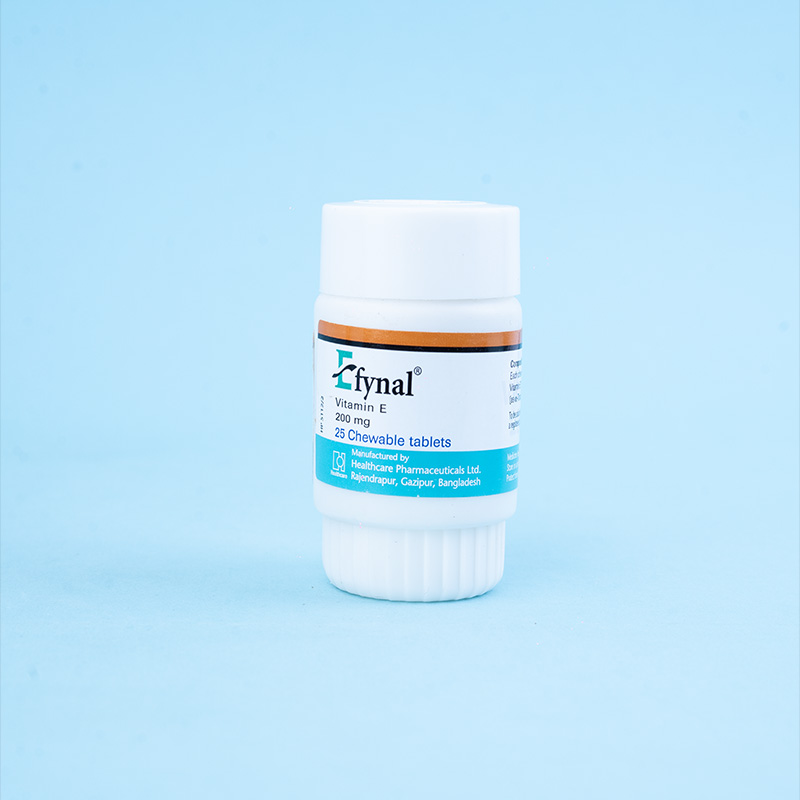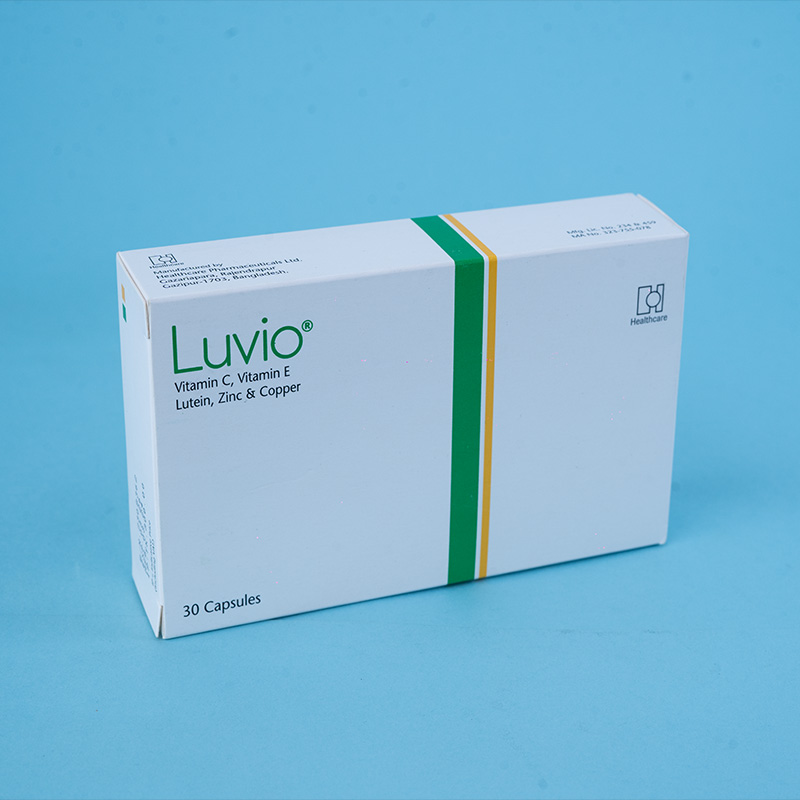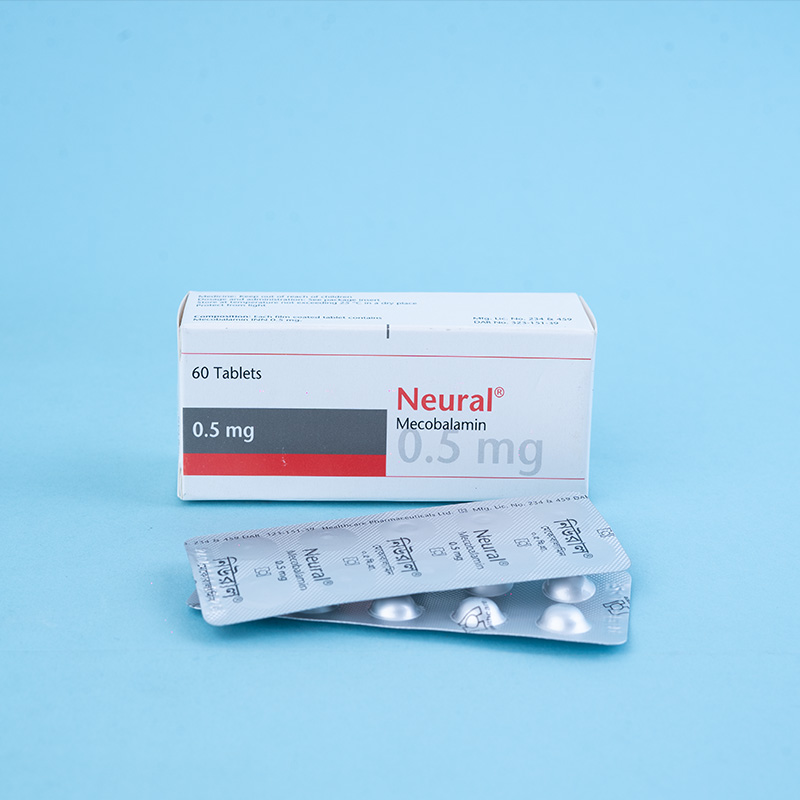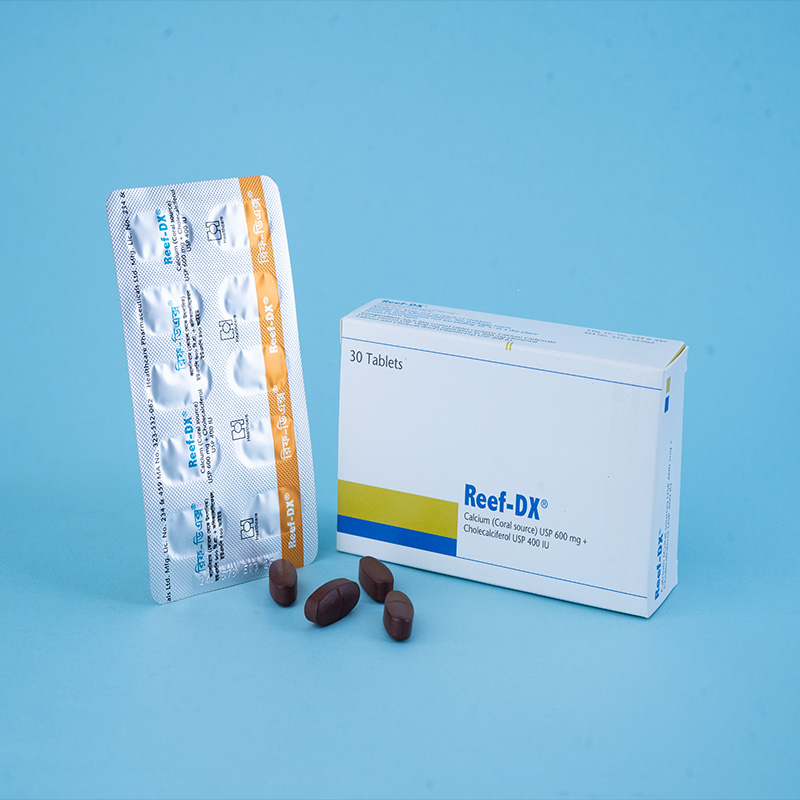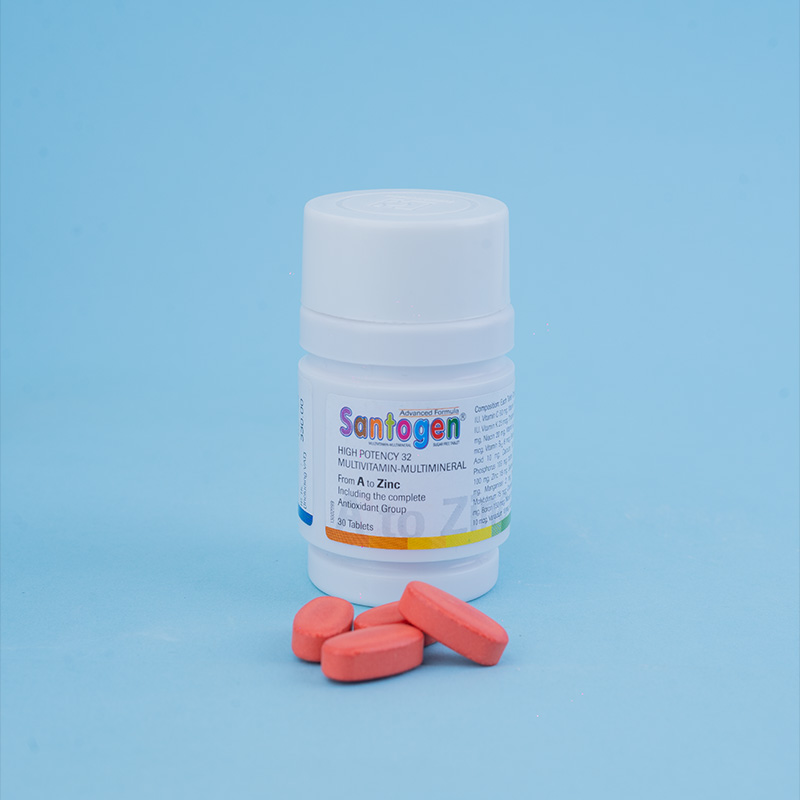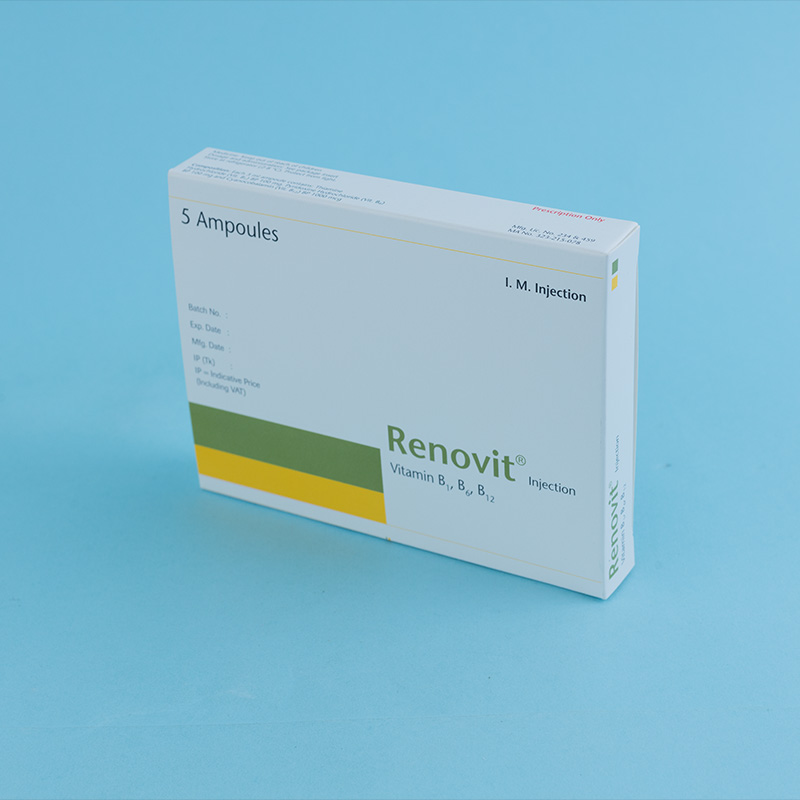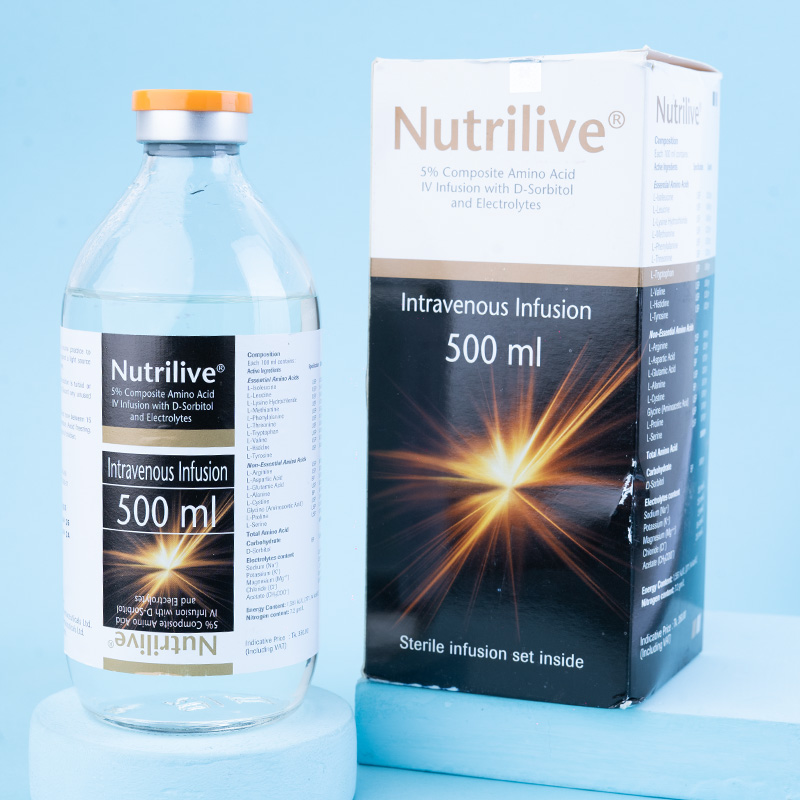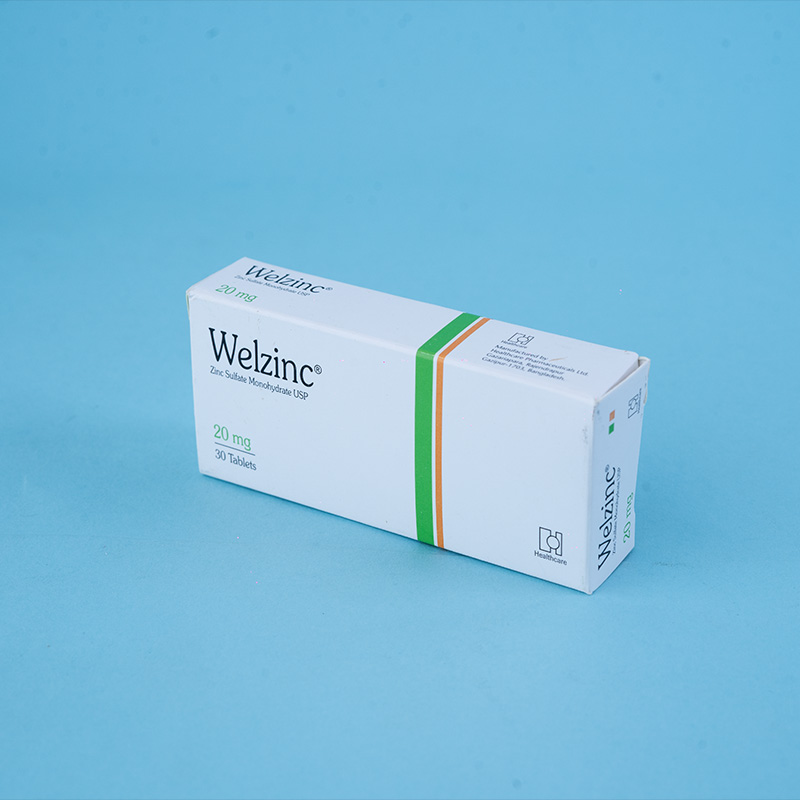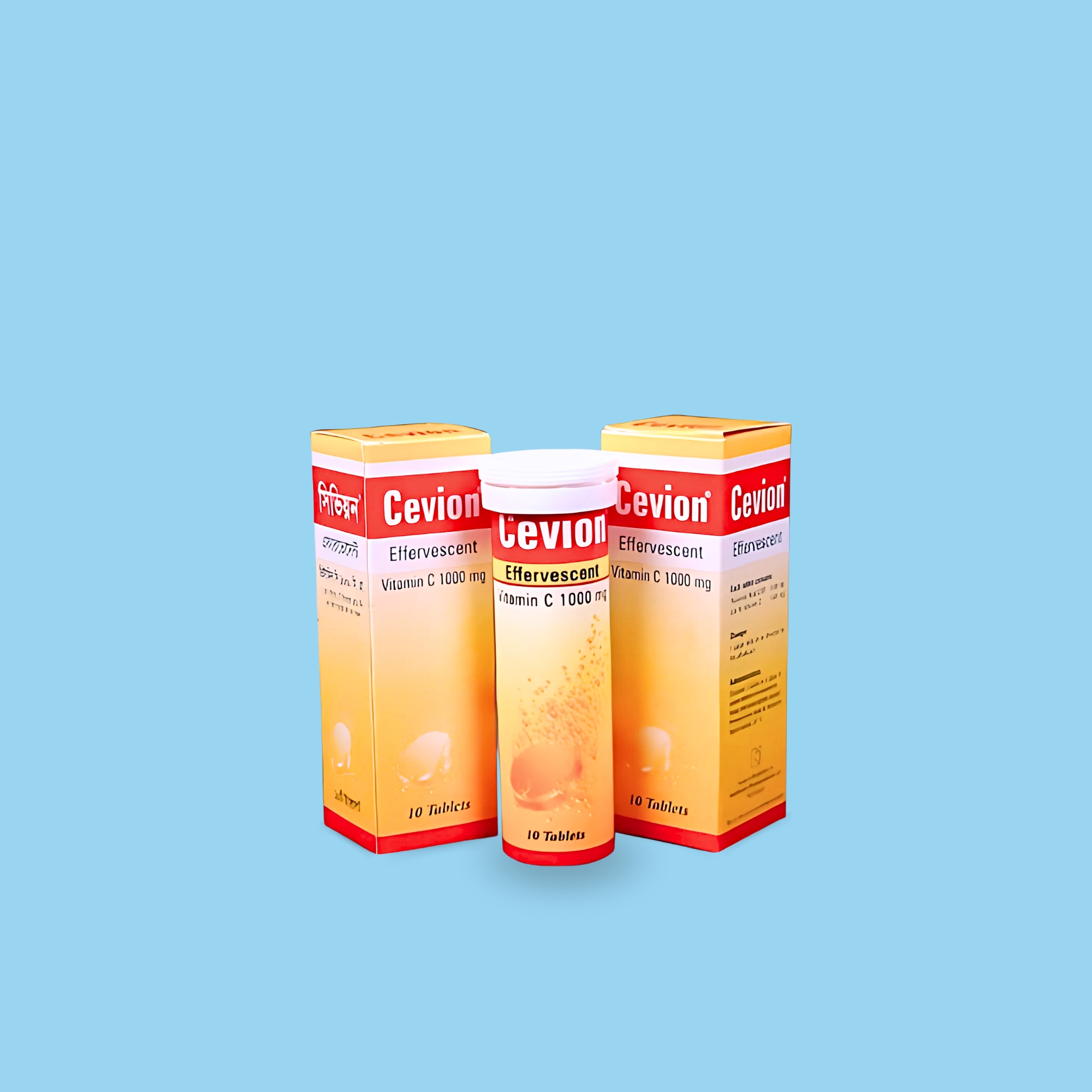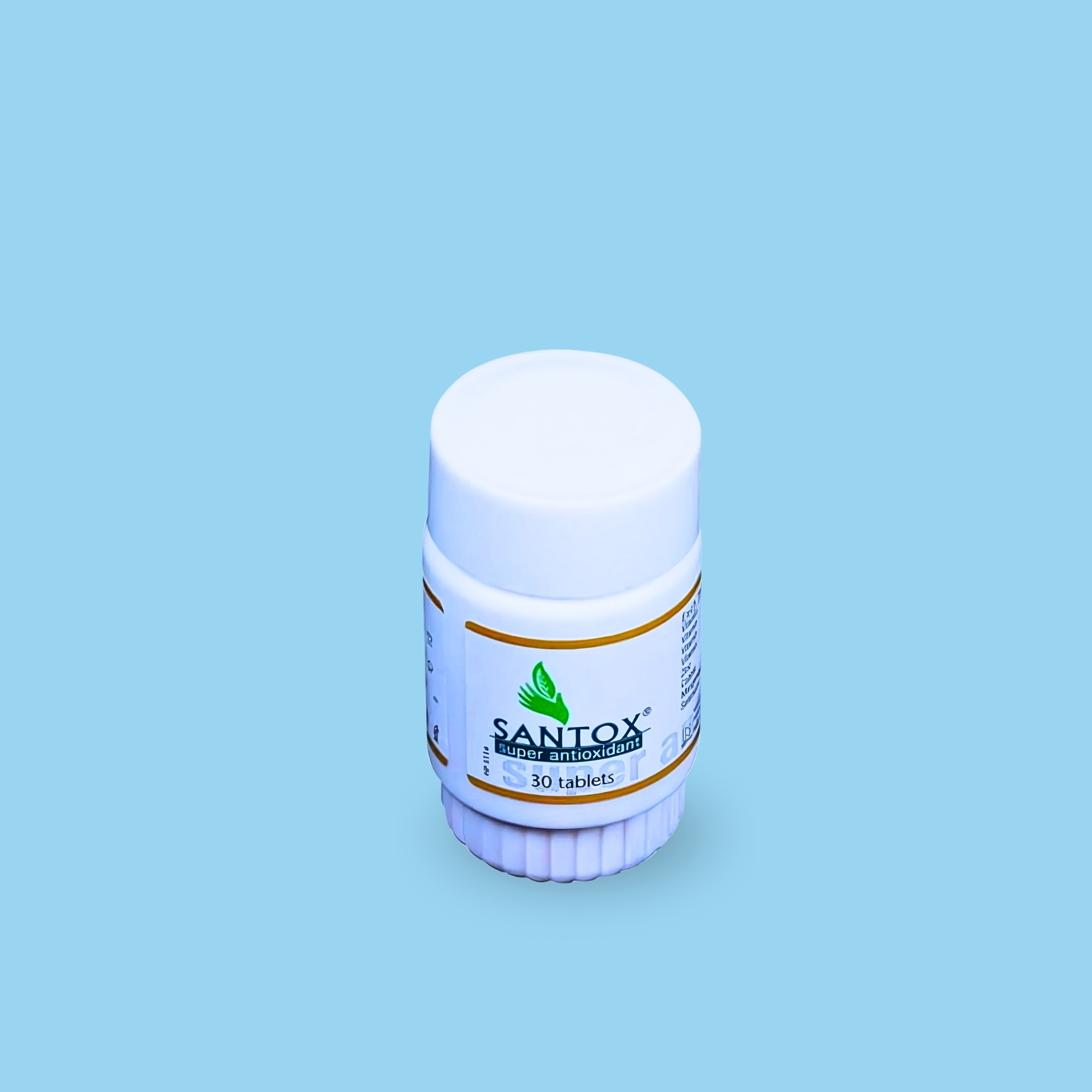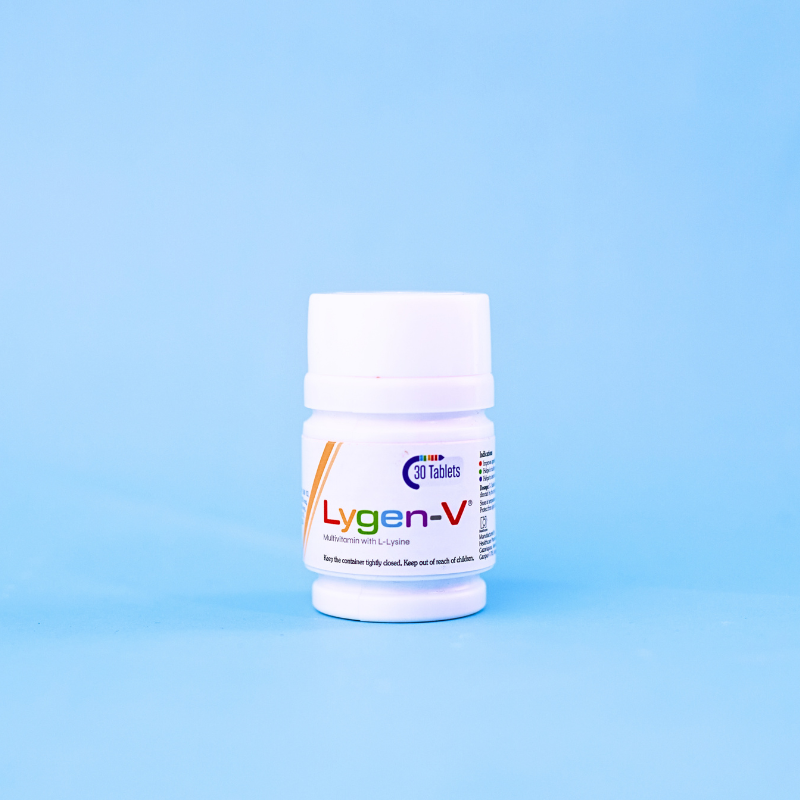Treatment of osteoporosis, rickets, osteomalacia, tetany, and hypoparathyroidism.
During pregnancy and lactation due to increased demand.
In kidney disease and pancreatitis.
During therapy with antiseizure medications.
Prevention and treatment of calcium and Vitamin D3 deficiency, especially in housebound and institutionalized elderly individuals.

One tablet of Reef-D® is taken once or twice daily or as directed by the physician. Taking it on a full stomach ensures better absorption.

Calcium supplements rarely cause mild gastrointestinal disturbances such as constipation, flatulence, nausea, gastric pain, and diarrhea.
Following the administration of Vitamin D3 supplements, occasional skin rashes have been reported. Long-term treatment at high doses may lead to hypercalciuria and, in rare cases, hypercalcemia.

Patients with mild to moderate renal failure or mild hypercalciuria should be monitored carefully. Periodic checks of plasma calcium levels and urinary calcium excretion should be conducted.In patients with a history of renal stones, urinary calcium excretion should be measured to exclude hypercalciuria.
With long-term treatment, it is advisable to monitor serum and urinary calcium levels and kidney function. If urinary calcium exceeds 7.5 mmol/24 hours, treatment should be reduced or temporarily discontinued. Allowances should be made for calcium and Vitamin D3 intake from other sources.

During pregnancy and lactation, treatment should always be under the supervision of a physician. The requirement for calcium and Vitamin D3 increases during these periods, but supplementation should consider dietary intake.
If both calcium and iron supplements are required, they should be taken at different times. Overdoses of Vitamin D3 have shown teratogenic effects in pregnant animals. In humans, prolonged hypercalcemia can lead to physical and mental retardation, aortic stenosis, and retinopathy in newborns.
Vitamin D3 and its metabolites pass into breast milk.

Absolute contraindications:
Hypercalcemia resulting from conditions such as myeloma, bone metastases, or other malignant bone diseases.
Sarcoidosis.
Primary hyperparathyroidism.
Vitamin D3 overdose.
Severe renal failure.
Hypersensitivity to any tablet ingredients.
Relative contraindications:
Osteoporosis due to prolonged immobilization.
Renal stones.
Severe hypercalciuria.

Thiazide diuretics: May reduce urinary calcium excretion, increasing the risk of hypercalcemia. Digitalis and cardiac glycosides: The risk of toxicity may be increased with calcium and Vitamin D3; strict medical supervision is required. Certain foods (e.g., those containing oxalic acid, phosphate, or phytic acid) may reduce calcium absorption. Phenytoin and barbiturates: May decrease the effect of Vitamin D3 due to metabolic activation. Glucocorticoids: May reduce the effect of Vitamin D3. Calcium salts: May reduce the absorption of thyroxine, bisphosphonates, sodium fluoride, quinolone or tetracycline antibiotics, and iron. A minimum gap of four hours is recommended before taking calcium supplements.

The most serious consequence of acute or chronic overdose is hypercalcemia due to Vitamin D3 toxicity. Symptoms include nausea, vomiting, polyuria, and constipation. Treatment consists of discontinuing calcium and Vitamin D3 intake and ensuring adequate rehydration.

Store at a temperature not exceeding 30°C in a dry place. Protect from light.
Medicine: Keep out of reach of children.



